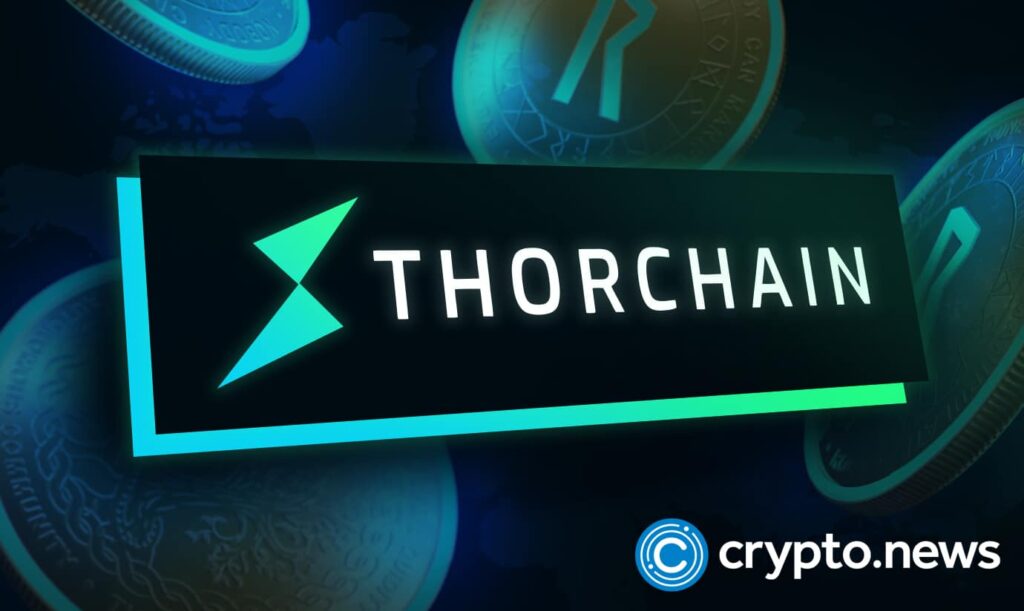On Jan. 24, THORChain announced via X that it had paused its network due to excessive debt and leverage issues impacting its ecosystem. The platform owes nearly $200 million in ecosystem debt.
In DeFi, ecosystem debt occurs when a blockchain owes more tokens than it holds, as seen with THORChain’s current situation. This often results from overambitious promises or mismanagement, leading to financial imbalances.
On the other hand, leverage risk comes when users are using their crypto assets as collateral to borrow against to improve their positions. Leverage risks can magnify profits but also come with massive losses if the market falls short, possibly resulting in liquidations.
According to Blockbeats, THORChain has $97 million in borrowing liability and $102 million in depositor and synthetic asset liabilities. This financial imbalance has pushed the blockchain to the brink of bankruptcy.
What is THORChain doing to solve the issue?
These risks have, in turn, affected the native token of THORChain RUNE (RUNE) token, resulting in price volatility where the token tanked over 40% in the last 24 hours, as of Jan 24. This situation has also led to a loss of confidence in the protocol, and the THORChain validators are currently voting on a restructuring plan.
This restructuring plan will help stabilize the system and avoid more risk to the ecosystem. According to a THORChain core investor, TCB, risky lending and leverage features such as ThorFi were highlighted as primary cause of instability and has subsequently been removed from the blockchain.
Additionally, the restructuring plan also includes efforts to regain users’ trust. As of now, integrations with wallets such as Trust Wallet and Coinbase are allowing users to connect to THORChain, and liquidity providers would be ensuring liquidity, helping the blockchain get back on its feet.
Risks associated with DeFi lending
While many within the crypto community earn passive income through DeFi lending, they are not devoid of risks. In Mar. 2020, MakerDAO went into an ecosystem debt of $6.65 million. The platform had to mint and sell MKR tokens to cover over $4.5 million as part of its debt repayment strategy.
Overcomplicated features such as too much leverage can destabilize protocols, emphasizing the need for streamlined designs. Further, effective risk management systems also need to be in place to avoid ecosystem debt and protect users’ funds.
Read the full article here

